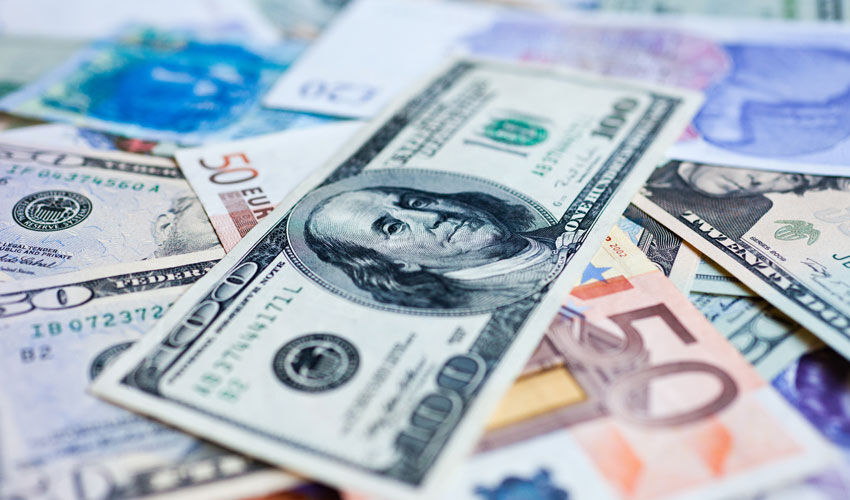
They even intensified after the official comments of the National Bank that in June euro-rain spilled on the currency reserves of Moldova. The main item of the reserves increase was the receipt of loans and grants in favor of the government for budget support, which amounted to more than 336.2 million euros.
Of these, the first tranche of the European Commission’s Growth Plan amounted to 270 million euros. As former Economics Minister Alexandru Muravski correctly pointed out, “the first tranche was promised in the amount of 18% of the total amount of 1.9 billion euros, which is not 270, but 342 million euros. There were also loans from the European Investment Bank in the amount of 10 million euros, a grant from the European Commission in the amount of 50 million euros, loans and grants for investment projects totaling 6.2 million euros.
Also, the NBM reserve accounts were replenished by the income from the management of foreign exchange reserves (13.14 million euros), the revaluation of securities in the NBM investment portfolio (2.57 million euros), net inflows to the accounts of the External Assistance Programs Directorate and other net inflows, including from currency swap operations on the domestic foreign exchange market.
The cumulative balance of reserves was reduced by the servicing of external public debt (by 17 million euros) and by the NBM trade interventions (29.10 million euros). In addition, the decrease in reserves was affected by the appreciation of the euro (by 83 million euro), net outflow of funds related to the mandatory reservation of foreign exchange funds by banks (3.89 million euro) and payments of the Ministry of Finance (2.97 million euro).
“The National Bank closely monitors the foreign exchange market and intervenes when necessary to avoid excessive and opportunistic exchange rate fluctuations,” explains economist Volodymyr Golovatyuk. – In this sense, the National Bank has sufficient reserves. The degree of their adequacy, assessed by the indicators used in international practice, is still at a high level, despite the decline in indicators of stability of the financial system.
The expert cites calculations, according to which the regulator’s struggle for the hardness of the national currency, in order to more easily pay off foreign debts, is not cheap. Thus, in the first half of 2025, foreign exchange reserves decreased from 5.247 billion euros to 5.070 billion, i.e. by 177 million euros. The main reasons for the decrease in reserves were foreign debt servicing – 337 million euros, strengthening of the euro – 287 million euros, and reduction of mandatory reserves in foreign currency in kombanks – 90 million euros.
As of May 31, 2025, foreign exchange reserves fell below the level of December 2023. The record decline this year was observed in April (by 121 million euros), due to the schedule of payments on external liabilities in April – May and the depreciation of the dollar against the euro. In the first five months alone, foreign debt servicing (by 320 million euros) and the depreciation of the dollar against the euro (by 205 million euros) emptied the state’s “foreign currency piggy bank”.
And if we take into account that with the transition to the euro and the nomination of foreign debt in the U.S. currency “eats” another part of the funds, it becomes clear the discrepancy in the indicators of the lei equivalent of the external debt, and in the financing of the external debt itself. Despite this, the depleted “safety cushion” remains an insurance fund against external shocks.

